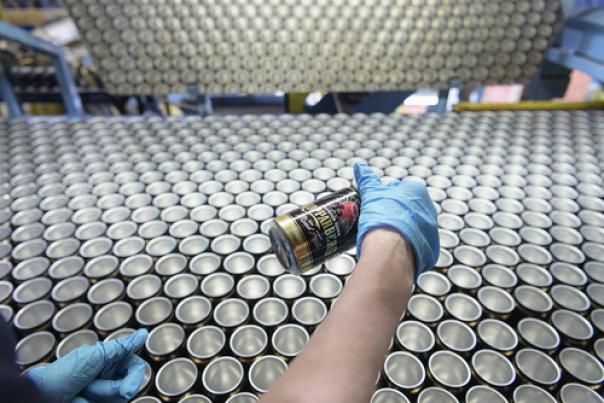
The document, developed in partnership with think-tank London Economics, analyses the environmental and economic implications of implementing a flat rate versus a variable rate deposit fee.
The Deposit Return Scheme (DRS) is aiming to tackle plastic pollution and increase recycling rates in England, Wales and Northern Ireland.
The DRS is expected to come into effect from 2023 and will see a deposit value added to the price of a beverage product in store, which will be refunded to the customer when empty packaging is returned to a designated collection point.
A variable rate fee would see containers allocated with a deposit value based on container size, while a flat rate model would apply a fixed fee to all beverage containers. Research suggests this would result in 60% of shoppers opting for larger, cheaper but less sustainable plastic alternatives.
Rick Hindley, executive director at Alupro, commented: “While we are fully supportive of a well-designed DRS, research surrounding best practice design is limited. Our report aims to fill the gap and provide extensive modelling into the real-world implications of differing deposit fee options.
“While some may think that a flat rate deposit fee would be easier to implement, this isn’t necessarily the case. What’s more, it would result in a tidal wave of unnecessary plastic – a key issue that the scheme is fundamentally trying to solve.
“If the UK adopted a variable rate DRS, demand for plastic would drop notably. What’s more, we would see significantly higher return rates in the first two years of DRS operation and limited impact on portion size or product waste.”
With shoppers substituting convenient multipacks for cost-effective (but often impractical) large bulk containers, the UK could see a ‘significant increase’ in unnecessary product waste.